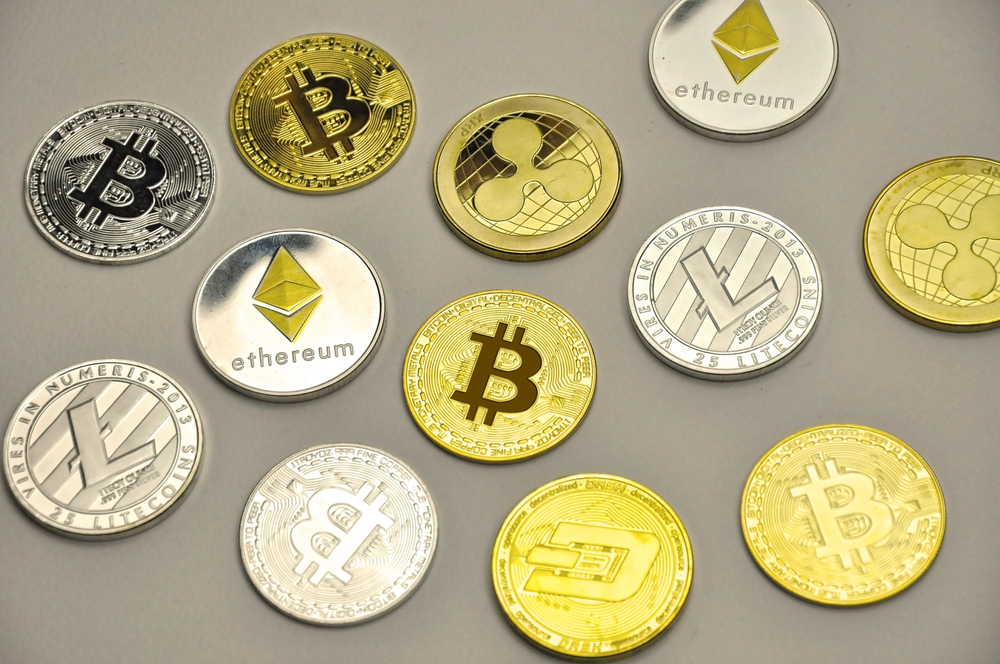Digital payment services provider PayPal, in its annual report to the US Securities and Exchange Commission, revealed that it held a significant amount of crypto assets on behalf of customers last year. A total of $604 million worth of BTC, ETH, LTC, and BCH belonging to customers as of December 31, 2022, was in the custody of the payment giant.
Facilitating Crypto Transactions
Based on PayPal’s latest annual report to the SEC, nearly 90% of the total amount involved in crypto transactions is divided between the two largest digital assets, Bitcoin and Ethereum. The transaction involving Bitcoin on the PayPal platform last year was $291 million, while Ethereum has $250 million.
As for the remaining $63 million involving Litecoin and Bitcoin Cash, the payment platform did not provide a further breakdown of the two asset’s trading volumes. Furthermore, the figures are comparable to the $690 million held by PayPal as of September 30, 2022, which coincides with the sharp decline in digital asset prices after the FTX crypto exchange crash.
Since October 2020, PayPal has enabled crypto transactions for its customers. However, it only recently started publishing the different types of tokens in its filing with the regulator.
Regardless, the securities regulator has requested that entities with significant crypto holdings publish the amount and types of coins in their annual filings. In mid-December, PayPal partnered with MetaMask to offer users an easy way to purchase crypto assets using their wallets.
As part of the agreement, PayPal will integrate its crypto services features in the MetaMask Wallet as the two firms seek to expand customers’ access to digital assets. The partnership between the two companies was intended to provide PayPal users with the means to link their accounts with the MetaMask Wallet to buy crypto.
Thus, there can be seamless purchases and transfers of digital assets from PayPal to MetaMask and vice versa.
The Popularity Of Crypto Debit Cards
With the rapid adoption of cryptocurrency and the demand for alternative payment methods other than fiats, the crypto debit card has been gaining momentum over the past few years. Investors and crypto enthusiasts ramp up their savings by converting cash into crypto.
However, many have to deal with the often slow and expensive process of converting their crypto assets into fiat.
Due to this, and to keep digital assets relevant amid the changing financial ecosystem crypto some crypto firms are partnering with traditional fintech firms to develop crypto debit cards. Thus, users can enjoy a seamless, timely, and quick transfer of their funds.
In addition, it also helps ensure a cost-effective crypto-to-fiat conversion quickly and efficiently. Since its coming into the mainstream, crypto debit card has enjoyed widespread acceptance and use as a payment and spending method for millions of users worldwide.
More than ever, the spread of crypto debit cards has made spending through virtual currencies more seamless, fast, and cheaper than fiat. The top three card payment providers, Mastercard, VISA, and American Express, have already introduced their crypto debit cards for their users.
Hence, other card payment providers are planning to do the same already.
